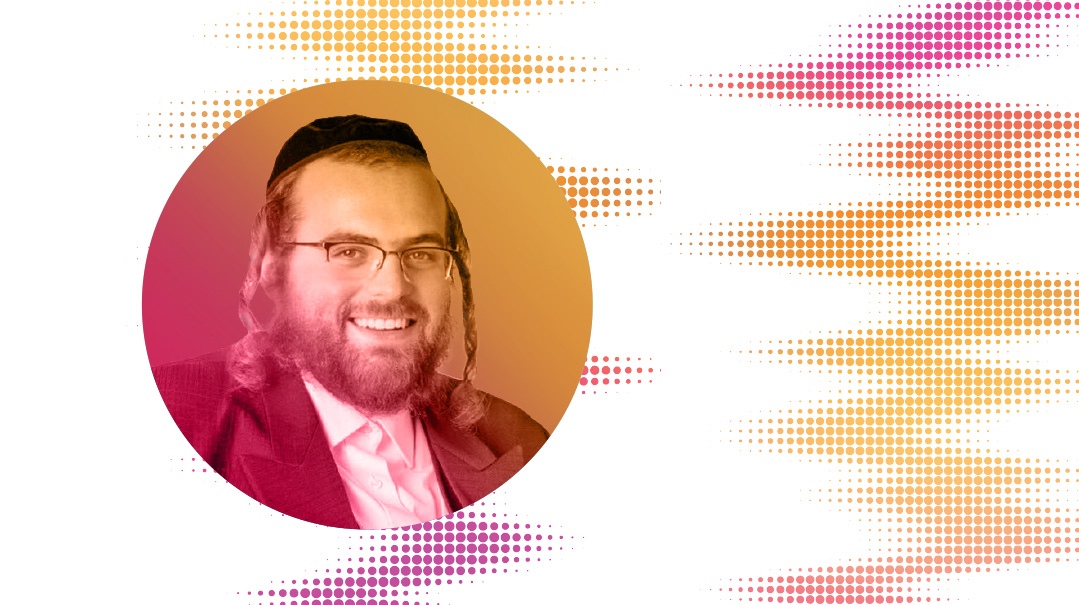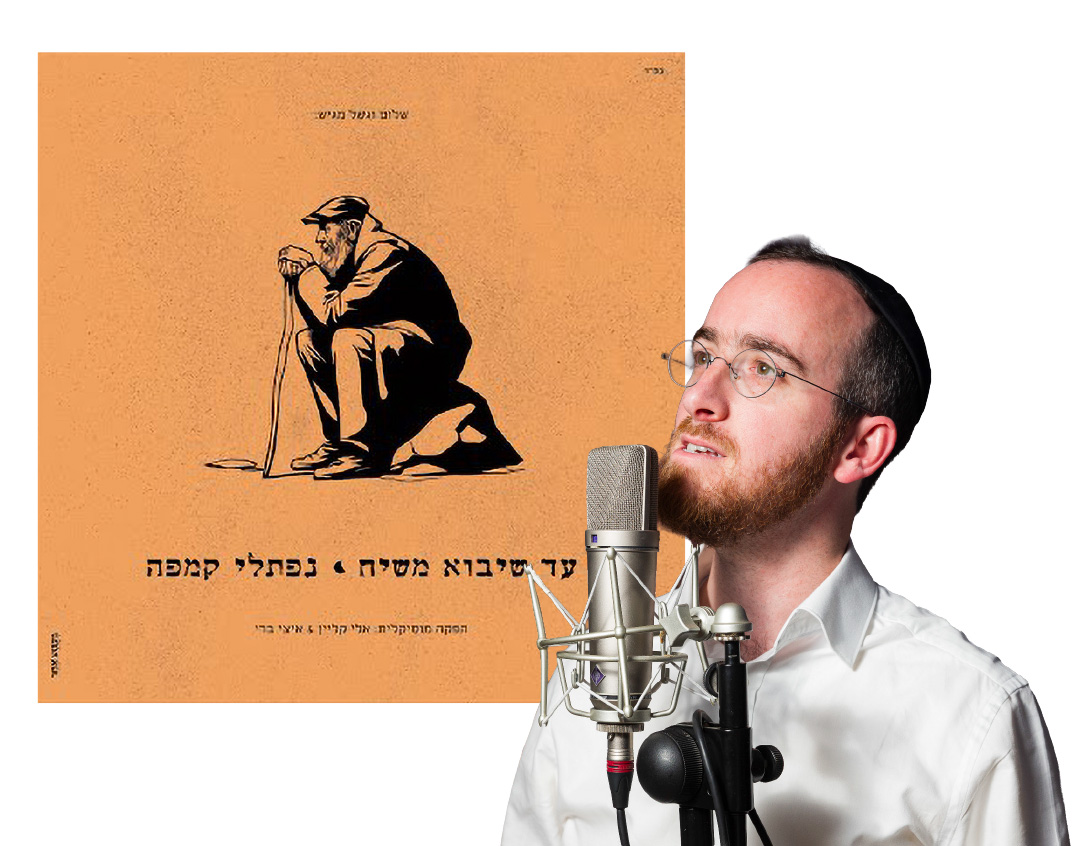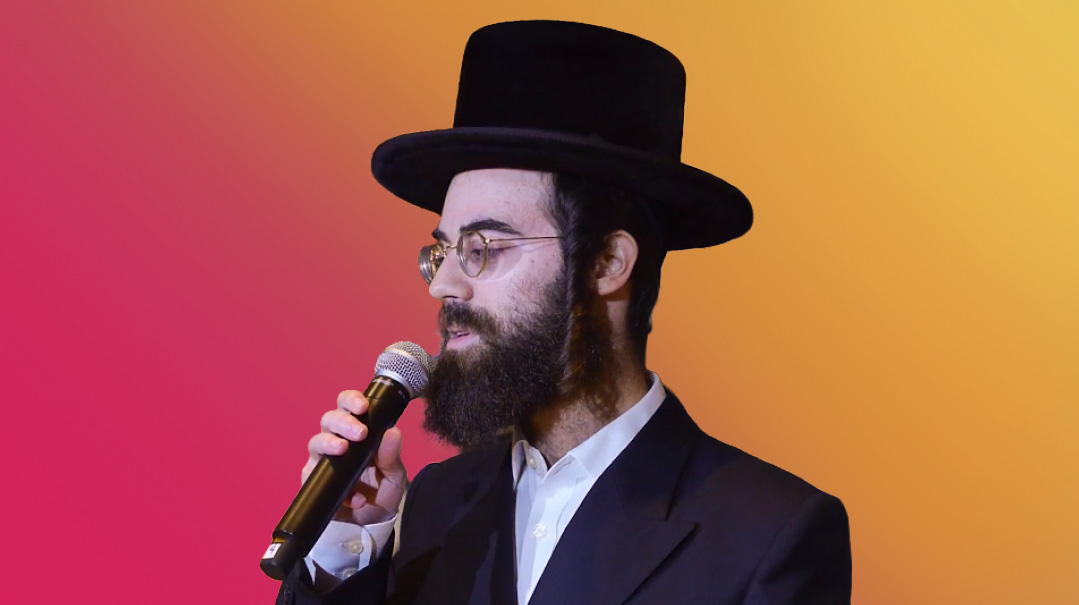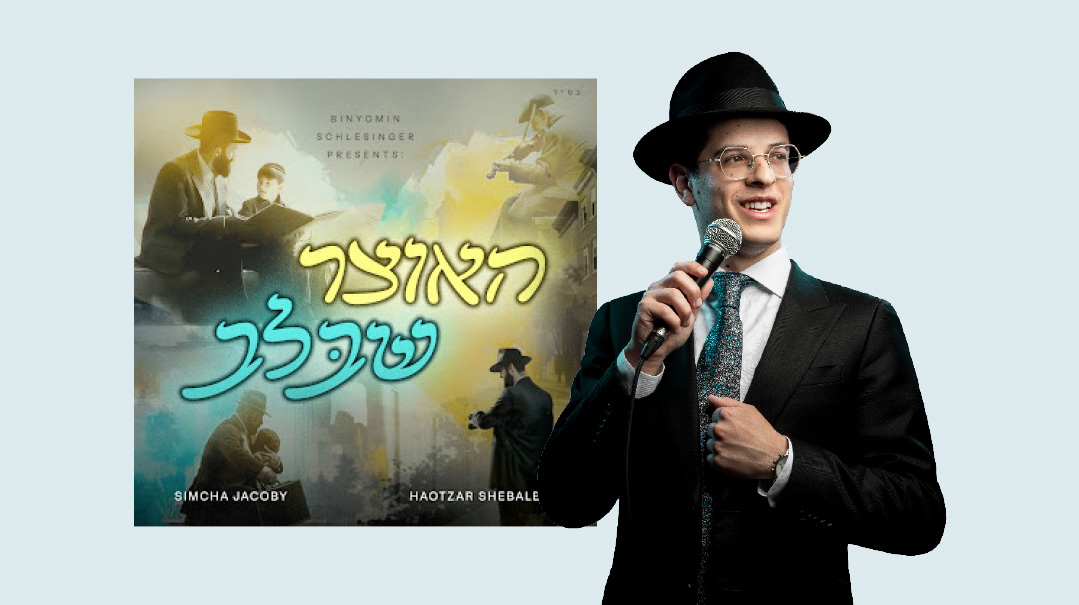Endnote: Issue 976
| August 29, 2023One person wrote, “Thank you for making Jewish music part of my life again”
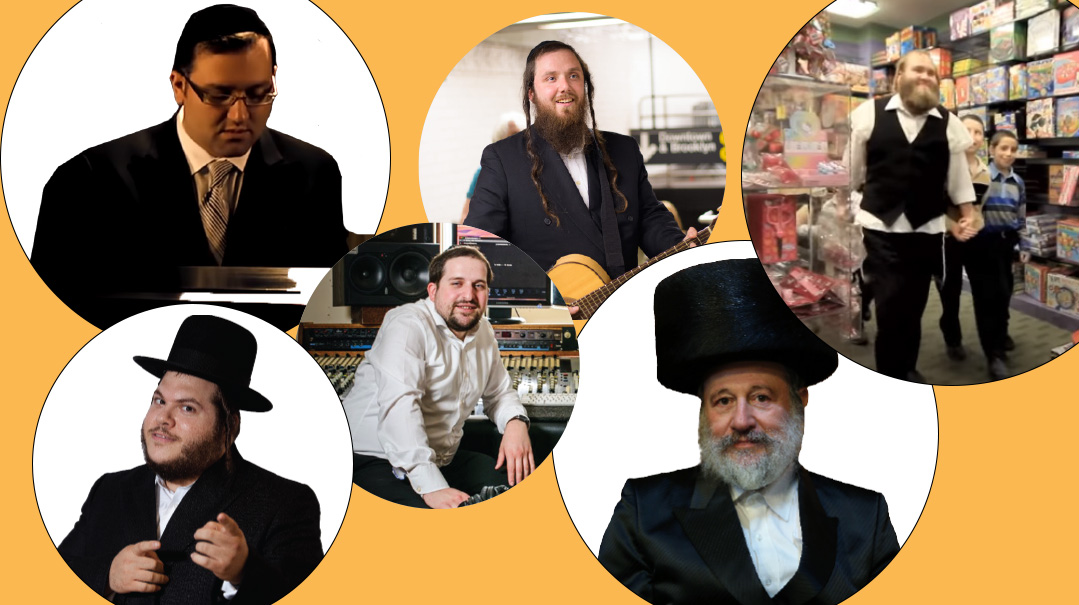
Mic Drop
Waiting for Daddy
“One of the most powerful lines of English lyrics, for me at least, is, ‘It was the first time that my father heard me pray…,’” says singer/composer/producer ELI GERSTNER. That line, from Country Yossi’s “Deaf Man in the Shteeble,” would eventually be Eli’s inspiration for one of his Yeshiva Boys Choir classics.
“Those words actually inspired me to collaborate with Country Yossi on the lyrics for the ballad ‘Daddy Come Home,’” Eli says. “I knew what I wanted to express with that song, about a young boy waiting by the Chanukah candles for his father to come home from war, but once I had written the story, I needed to work with someone on the lyrics. I called Country Yossi and explained that I was a lifelong fan, and that I wanted his input. I think he was surprised, but those lyrics were amazing. Yossi has a gift for memorable imagery, and that comes out in his songs, like the words of the father-son reunion, ‘I hug my Daddy tight and I’m not letting go.’”
Singing with the Times
Every song has its special energy and place, and the song “Tatteh I’m Coming Home” was written between Yom Kippur and Succos. The feelings were so intense, I felt like I was “there,” so close to Hashem after all the uplift of Rosh Hashanah and Yom Kippur and getting ready to go into the heilige succah. I felt like I was overflowing, and so I just took my guitar and played, recording whatever came out. The song expresses those feelings, so it’s precious to me. It’s a song that’s not about entertainment, but about inspiration, and songs that express those kinds of feelings tend to affect people and mean a lot to them. All of us can find a song that talks to our hearts, but I’ve gotten a lot of emotional feedback for this one, such as one person who wrote, “Thank you for making Jewish music part of my life again.”
—Joey Newcomb
Whenever Inspiration Strikes
When I’d come up with a new song, the first ones to hear it were my wife and children. That was the first test: I'd sing it at home and watch their reactions to see if they were excited. Sometimes they’d say, “Tatty, something’s missing,” or, “It needs a high part, to cry out,” and I’d try to perfect it to please them. Other times, at the Shabbos table, my girls would tell me about some words they liked, and I would take it as a challenge to compose something.
Songs don’t come to me in an instant flash of inspiration. I have to think about the meaning for a while, and the process can take time. Songs also have their own time to go public.
Two years ago on Erev Rosh Hashanah, I wrote a very moving song to the words from Shacharis, “Asisi lechanenach beleiv karua umurtach (I have come to plead with You with a torn and fervent heart).” Yet I wasn’t so confident about the melody, and I wanted to think it over. So I kept it quiet for a year, until the next Elul, when I felt it was ready to teach to the children’s and adult choirs here in Seret Vizhnitz.
—Reb Chaim Banet
The Story Behind the Song
See It, Want It
During these weeks when we focus on improving our own attributes and character traits, ABIE ROTENBERG recalls how he was inspired to write “Never Take Kids to a Store,” one of the Marvelous Midos Machine’s most enduring and endearing classics. “I remember well the day I wrote that song. I was actually in a toy store where I encountered a child along with her mother. The desperate note in the girl’s voice as she pleaded with her mother to purchase whatever toy her eye had fallen on triggered me to write a song on the middah of gratitude and appreciation for what you have, and by the afternoon, ‘Never Take Kids’ was ready to go.” The song, released on Marvelous Midos Machine Episode 3, was well-received in Yiddish as well as English.
My Musical Mentor
The one who really convinced me to use my musical talents was the Pittsburgher Rebbe, Rav Mordcha Leifer ztz”l, who was like a father to me. The Rebbe, as well as his father, who transplanted the chassidus to Ashdod, were both composers, who left us songs like “Yismechu HaShamayim,” “Hinei Mah Tov,” “Ilan, Ilan,” “Eloka Dilei (from Kah Ribon),” and “Veyeida Kol Po’ul.”
The Rebbe’s songs were special, the type of niggunim that bring you to focused meditation and to Hashem. I remember standing next to the Rebbe at his small Shalosh Seudos tish, when he composed the song “Sheyifkedenu Berachamim…” The Rebbe wasn't well at that time, and this song was the result. He asked me and a friend to memorize it for him until Motzaei Shabbos.
I think a lot of us don’t really understand the power of music and its effect on us — spiritual, emotional, and even physical. Harsh music can create anxiety and other emotional problems. The way the western world has changed the sound frequency of most music to 440 hertz has moved us away from nature and true calm, and instead drives anxiety and pushiness. On the other hand, studies have suggested that music played at the lower frequency of 432 hertz can de-stress the brain, relax the heart rate, and aid healthy sleep. As a trained energy healer, I’ve learned how music can help activate our natural energy systems, helping people move past barriers and resentments and see the brightness beyond.
—Gershy Schwarcz, producer and sound designer
My Elul Soundtrack
The common tune used for Hayom Haras Olam brings me right into the atmosphere of Rosh Hashanah. The words “Im k'vanim, im ka’avadim (If we are children, have mercy on us like a father... and if we are servants our eyes depend on You to grant us grace)” make me shiver.
A recent song that gets me into the Elul spirit is “Shofar,” from Motty Ilowitz’s latest album. It tells the story of how on Erev Rosh Hashanah, the little grandson of the Minchas Elazar asked his zeide to blow the shofar that was sitting on his table. The tzaddik explained that on this particular day, we don’t blow. But the grandchild continued to beg, and eventually the Minchas Elazar gave in to the pleading of little Hershele, picked up the shofar, and blew. Then he said to the Ribbono Shel Olam, "I know that today we don’t blow the shofar, please be mochel me, ober vus tit nisht a tatteh ven zein kind veint (what doesn’t a father do when his child cries)?”
That song hits very close to my heart, and sometimes I even lose my voice in the middle of it. A child’s tear has the power to move his father, and we hope that the Ribbono shel Olam will do the same for us — see our tears and let us hear the blowing of the Great Shofar.
—Levy Falkowitz
(Originally featured in Mishpacha, Issue 976)
Oops! We could not locate your form.

